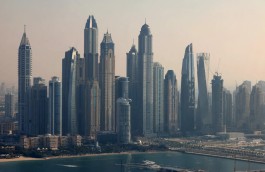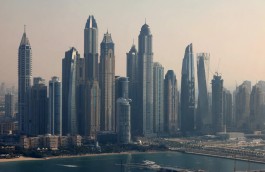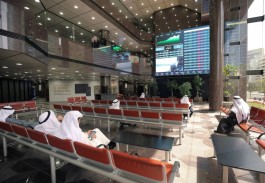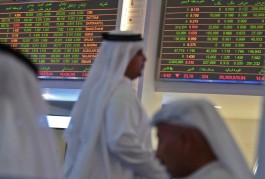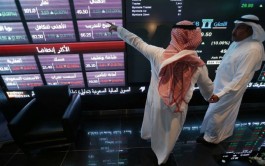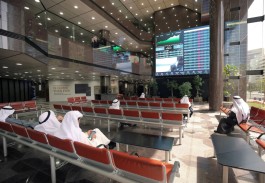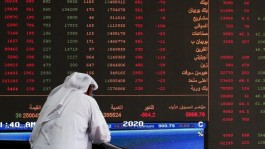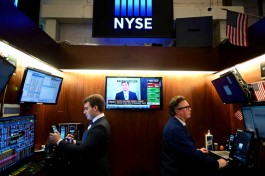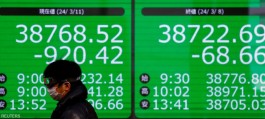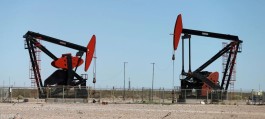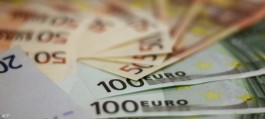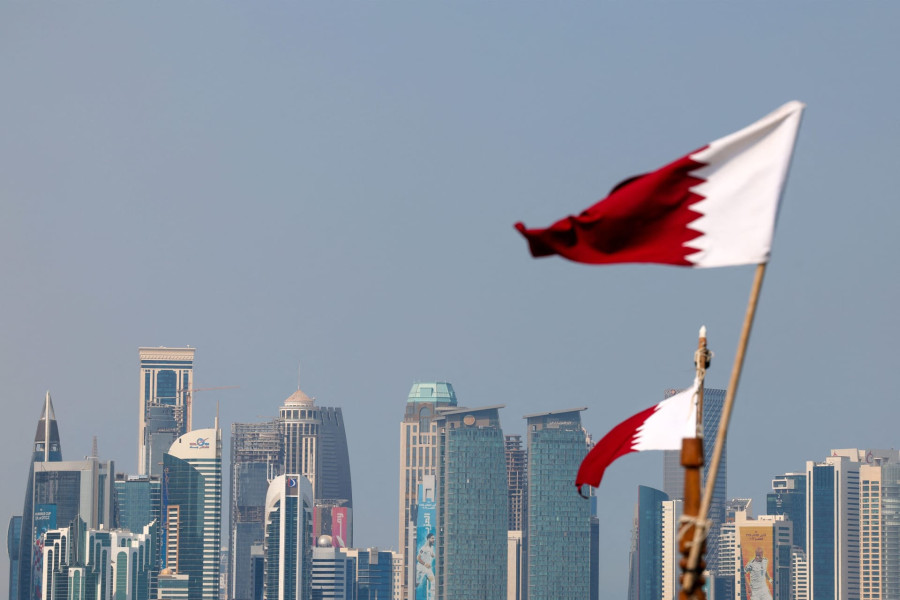Qatar needs buyers for two-thirds of production from its liquefied natural gas expansion projects, as it capitalizes on growing concerns about energy security by concluding more long-term deals.
The Middle East gas production giant signed two long-term contracts last year with its partners TotalEnergies SE and China's Sinopec. But other parties involved in the expansion work at the two fields - including Shell, ExxonMobil and Eni - have not yet announced the volume of production, as LNG is scheduled to be delivered starting in 2026.
Decades-old deals favored by Qatar, a rival to the United States as the world's largest supplier of liquefied natural gas, have become more attractive after Russia's invasion of Ukraine severely disrupted energy markets and prompted European countries to prioritize supply security over green goals. The conclusion of the 27-year contract, which Total Energies announced last week, means that France will continue to rely on fossil fuels beyond 2050.
There is still quite a lot to sell in the future, but the increase continues, said Anne-Sophie Corbeau, a researcher at the Center for Global Energy Policy at Columbia University in New York.
Qatar is expected to increase its LNG production capacity by 64% to reach 126 million tons annually by 2027. Volatility in gas prices helps increase the attractiveness of this production, although some buyers prefer more flexible LNG delivery terms from the United States, which has played a role in It played a decisive role in bridging the gap caused by the cessation of Russian pipeline flows in Europe last winter.
Qatar calls on the European Union to conclude long-term contracts to import gas
Contracting for a third of the new energy
Qatar has so far contracted about a third of its new gas production capacity, as it announced liquefied natural gas deals amounting to 15.3 million tons annually with China, Germany, Bangladesh and France. However, the so-called North East Field expansion is scheduled to reach 32 million tons per year, while the so-called North South Field expansion will produce another 16 million tons per year.
International companies are entitled to receive up to 12 million tons annually from the two expansion projects, which is equivalent to the size of a liquefied natural gas production project in the United States. Qatar Energy Company retains 75% of the two phases.
Five major international companies were selected for the North East Field project: Shell, Total Energy, ConocoPhillips, Eni, and ExxonMobil. Shell, Total Energy and ConocoPhillips have all been selected for the smaller phase of the North South Field.
Shell declined to comment on the matter, while spokesmen for Eni and Exxon were not immediately available to comment.
Qatar has reserved plants to reconvert liquefied gas to the gaseous state in the United Kingdom, France, and Belgium until 2050, and has reserved space for import terminals in Belgium and France, and has retained shares in facilities in Italy and Britain. Qatar Energy also needs European LNG receiving terminals for its production from the planned Golden Pass LNG project in the United States. In 2020, the company launched a trading arm to build a portfolio of LNG from third parties and own the gas.
Furthermore, the state-owned company is remarketing quantities in older contracts that are nearing their expiry date. This includes deals for about 13 million tons per year - mostly with trading companies - to send liquefied natural gas to Europe, which expire in 2028, according to Anne-Sophie Corbeau.
She added: The important question here is whether the large deals that will end over the next few years will actually stop there, or will they be extended.
Competition for buyers is becoming more intense. The United States currently holds a 43% share of the European LNG market, followed by Qatar with 16%, according to BMI Research, a subsidiary of Fitch Solutions.
BMI said: Qatar will face a daunting task to increase its share in the European liquefied natural gas market, as American producers seek to secure long-term supply agreements with importers who want to reduce dependence on Russian gas.

